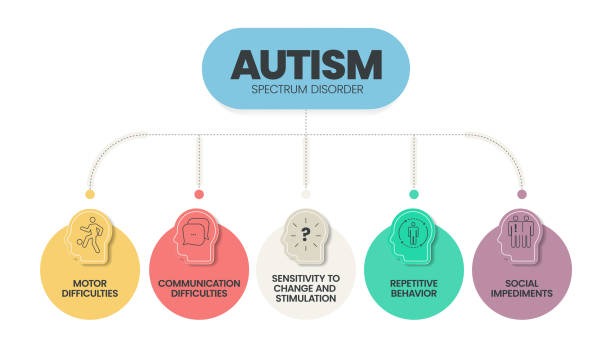When to Seek Professional Support for Meltdowns, Shutdowns, Burnout
When to seek professional support for meltdowns, shutdowns, burnout - Discuss signs that outside support may be needed and how to access it.
PARENTING
Sherry Jones
12/21/20232 min read


In today's fast-paced world, it's not uncommon for individuals to experience meltdowns, shutdowns, and burnout. These overwhelming experiences can greatly impact one's mental and emotional well-being, making it crucial to know when to seek professional support. Recognizing the signs that outside help may be needed and understanding how to access it is essential for managing these challenges effectively.
Signs that Professional Support is Needed
1. Persistent and Intense Emotional Distress: If you find yourself consistently overwhelmed by intense emotions such as anger, sadness, or anxiety, it may be a sign that professional support is necessary. These emotions can interfere with your daily functioning and overall quality of life.
2. Inability to Cope with Everyday Tasks: If you find it increasingly difficult to handle routine tasks or responsibilities, it could be a sign of burnout or emotional exhaustion. Professional support can provide you with strategies to regain control and develop effective coping mechanisms.
3. Isolation and Withdrawal: If you notice a significant withdrawal from social activities, friends, or family, it may be an indication that professional support is needed. Isolation can exacerbate feelings of loneliness and contribute to the deterioration of mental health.
4. Persistent Physical Symptoms: Physical symptoms such as chronic headaches, stomachaches, or insomnia can be manifestations of emotional distress. Seeking professional support can help identify the underlying causes and develop appropriate treatment plans.
How to Access Professional Support
1. Reach out to a Mental Health Professional: Start by consulting a mental health professional such as a therapist, psychologist, or psychiatrist. These professionals are trained to assess your situation and provide appropriate guidance and treatment.
2. Talk to Your Primary Care Physician: Your primary care physician can be a valuable resource in connecting you with the right mental health professional. They can also rule out any underlying physical conditions that may be contributing to your distress.
3. Utilize Online Resources: Many mental health organizations offer online resources and helplines where you can seek guidance and support. These resources can provide valuable information and connect you with professionals who can assist you further.
Conclusion
Recognizing the signs of meltdowns, shutdowns, and burnout is the first step towards seeking professional support. It's important to remember that reaching out for help is not a sign of weakness, but rather a courageous act of self-care. By accessing professional support, you can develop effective coping strategies, regain control over your emotions, and improve your overall well-being.
Contact
Email: contact@beyondlabelreads.com
Socials
WhatsApp: 07840005489
